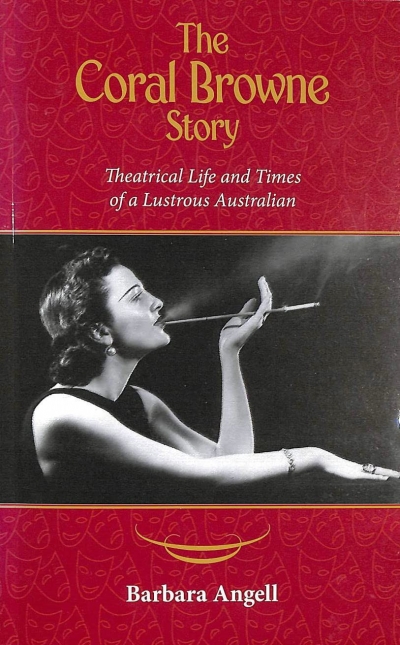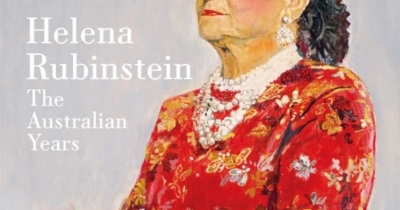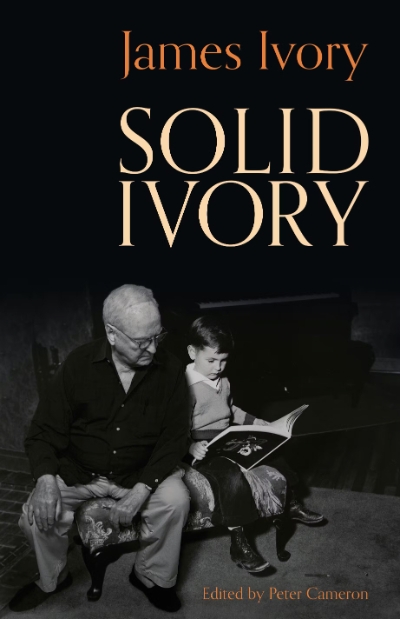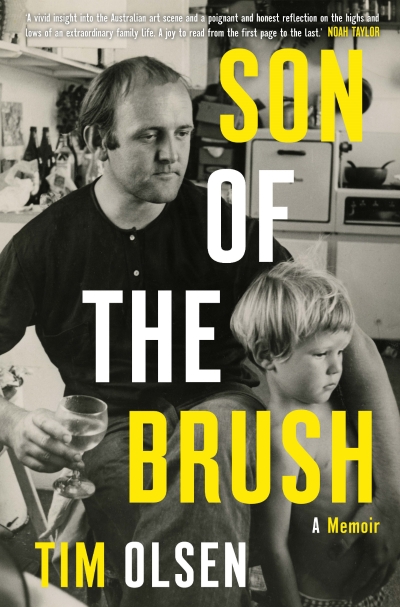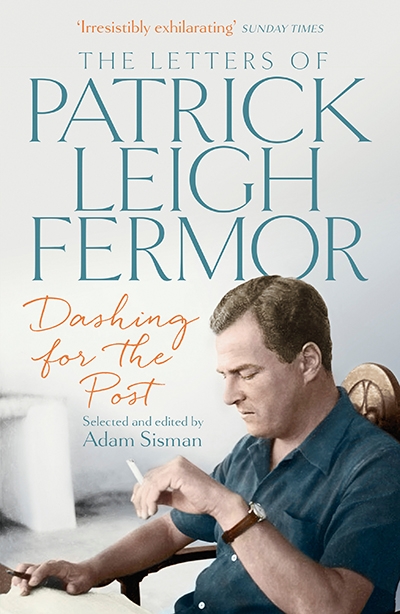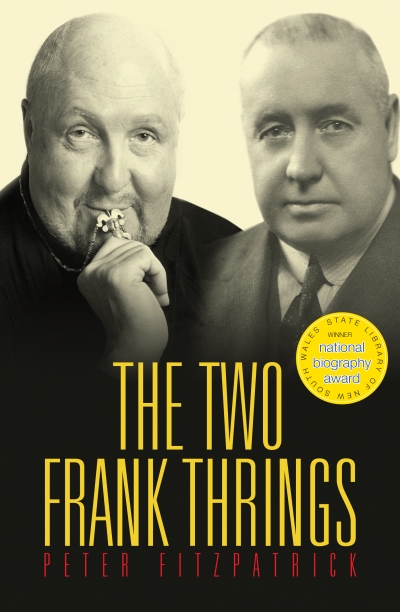‘A voyage round my father’, to quote the title of John Mortimer’s autobiographical play of 1963, has been a popular form of personal memoir in Britain from Edmund Gosse’s Father and Son (1907) to Michael Parkinson’s just-published Like Father, Like Son. The same form produced some of the best Australian writing in the twentieth century, with two assured classics in the case of Germaine Greer’s Daddy, We Hardly Knew You (1989) and Raimond Gaita’s Romulus, My Father (1998). The tradition has continued into the present century with – to list some of the choicest plums – Richard Freadman’s Shadow of Doubt: My father and myself (2003), Sheila Fitzpatrick’s My Father’s Daughter (2010), Jim Davidson’s A Führer for a Father (2017), and Christopher Raja’s Into the Suburbs: A migrant’s story (2020). Mothers in such sagas are far from absent, and they can emerge, though not always, as the more obviously loveable or loving figures. As signalled by most of those titles, however, mothers loom less large over the unfolding narrative. Fathers may not always know or act best, but, partly because of their often tougher, commanding mien, they become irresistibly the centre of attention.
...
(read more)

